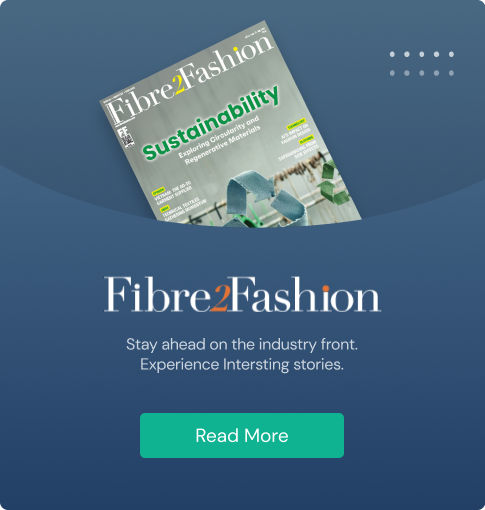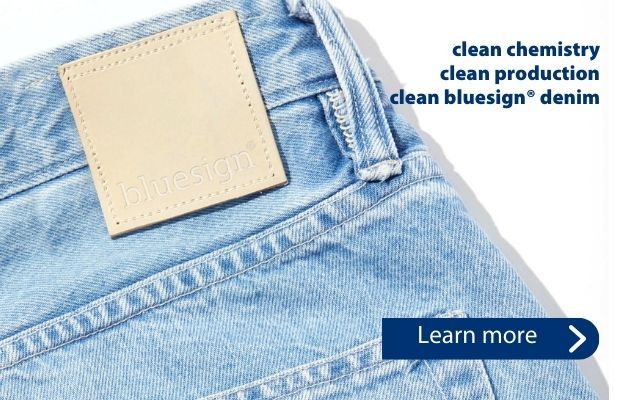Interviews
Your go-to source for news, anytime, anywhere! Insightful industry information from the textile, apparel & fashion world with our news app
Download Now
Your go-to source for news, anytime, anywhere! Insightful industry information from the textile, apparel & fashion world with our news app
Download Now
Your go-to source for news, anytime, anywhere! Insightful industry information from the textile, apparel & fashion world with our news app
Download Now
Your go-to source for news, anytime, anywhere! Insightful industry information from the textile, apparel & fashion world with our news app
Download Now
Bremen Cotton Exchange holds 134th General Assembly
03 Jul '08
5 min read
On June 26th, 2008 the Bremen Cotton Exchange held its 134th General Assembly during its 136th fiscal year. Chaired by President Lüder Vollers, members accepted the report of the board for the fiscal year 2007. President Vollers informed the members on the activities of the Exchange in Germany and abroad, the quality arbitration as well as the arbitration court. He stressed in particular the successful licensing of the International Cotton Emblem in the reported year.
From the beginning of licensing in autumn 2006 until the end of 2007 the license for the International Cotton Emblem was granted to 46 single firms directly or through their affiliated groups. On June 22nd the Bremen Cotton Exchange applied for an expanded protection of the International Cotton Emblem at the EU-Office for Harmonization in the Internal Market; registration was finished successfully in May 2008.
The logo may since be used for marking insulation material, bags, yarns, threads, textiles and textile goods as well as apparel and floor coverings made of pure cotton. The Cotton Exchange's proceedings complied with a request of textile manufacturers and textile retailers. Additionally, the Bremen Cotton Exchange agreed upon cooperation with the Gdynia Cotton
Association (GCA), Poland, in February 2007.
Since then, the GCA as sublicensee has been granting licenses for the International Cotton Emblem to companies resident in Poland. Six licenses were issued in Poland in 2007.
In September 2007, the homepage appeared in a new design. The website now provides clearly arranged menu navigation and structured layout in two languages including daily updates as well as a wide range of “cotton specialities”. Publications of the Cotton Exchange can be ordered online in addition to mini-bales and cotton branches.
President Vollers reported furthermore on the pollutant analyses which have been commissioned regularly by the Exchange. The results, as well, are published in detail on the website. These tests were carried out in the reported year, too, and confirmed once again that according to Oeko-Tex Standard 100 raw cotton is not contaminated and therefore harmless to health. The research was carried out by the Hohenstein Research Institute according to Oeko-Tex Standard 100.
In the board's view these tests are still very important, since it was observed again that manufacturers of so-called eco- or organic cotton increasingly campaigned against conventionally produced cotton during the reported year and mostly with wrong data. According to President Vollers, the company Hess Natur took the biscuit with the start of an advertising trilogy on the German journal market sharply denunciating conventional cotton growing not skipping any negative evaluation.
The reader of the advertising campaign must have gained the impression that conventionally produced cotton fibres are extremely contaminated. The Cotton Exchange therefore decided to stop Hess Natur by an interim injunction. Since Hess filed an objection, it came to a trial at the district court of Gießen. The district court of Gießen ordered Hess Natur to stop publishing any further ads of this kind.
From the beginning of licensing in autumn 2006 until the end of 2007 the license for the International Cotton Emblem was granted to 46 single firms directly or through their affiliated groups. On June 22nd the Bremen Cotton Exchange applied for an expanded protection of the International Cotton Emblem at the EU-Office for Harmonization in the Internal Market; registration was finished successfully in May 2008.
The logo may since be used for marking insulation material, bags, yarns, threads, textiles and textile goods as well as apparel and floor coverings made of pure cotton. The Cotton Exchange's proceedings complied with a request of textile manufacturers and textile retailers. Additionally, the Bremen Cotton Exchange agreed upon cooperation with the Gdynia Cotton
Association (GCA), Poland, in February 2007.
Since then, the GCA as sublicensee has been granting licenses for the International Cotton Emblem to companies resident in Poland. Six licenses were issued in Poland in 2007.
In September 2007, the homepage appeared in a new design. The website now provides clearly arranged menu navigation and structured layout in two languages including daily updates as well as a wide range of “cotton specialities”. Publications of the Cotton Exchange can be ordered online in addition to mini-bales and cotton branches.
President Vollers reported furthermore on the pollutant analyses which have been commissioned regularly by the Exchange. The results, as well, are published in detail on the website. These tests were carried out in the reported year, too, and confirmed once again that according to Oeko-Tex Standard 100 raw cotton is not contaminated and therefore harmless to health. The research was carried out by the Hohenstein Research Institute according to Oeko-Tex Standard 100.
In the board's view these tests are still very important, since it was observed again that manufacturers of so-called eco- or organic cotton increasingly campaigned against conventionally produced cotton during the reported year and mostly with wrong data. According to President Vollers, the company Hess Natur took the biscuit with the start of an advertising trilogy on the German journal market sharply denunciating conventional cotton growing not skipping any negative evaluation.
The reader of the advertising campaign must have gained the impression that conventionally produced cotton fibres are extremely contaminated. The Cotton Exchange therefore decided to stop Hess Natur by an interim injunction. Since Hess filed an objection, it came to a trial at the district court of Gießen. The district court of Gießen ordered Hess Natur to stop publishing any further ads of this kind.
Popular News
Leave your Comments
Editor’s Pick



20240504122910.png)


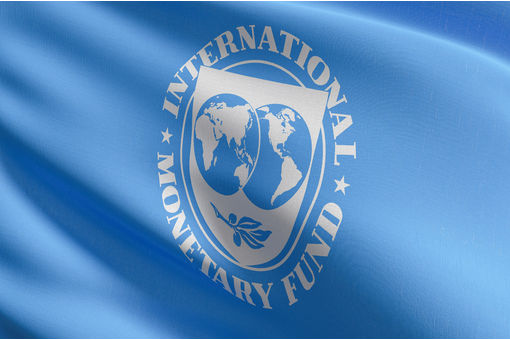
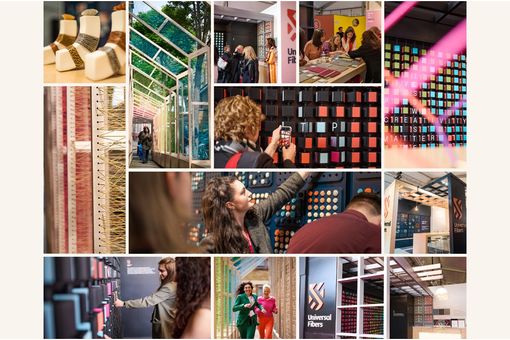


















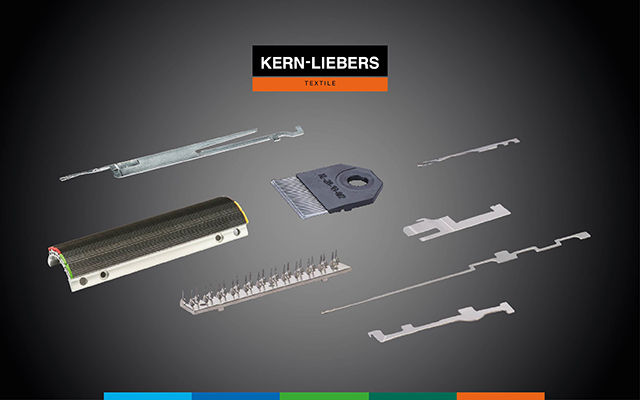
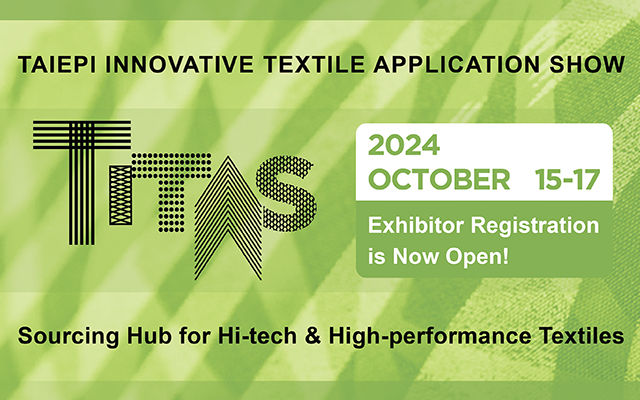

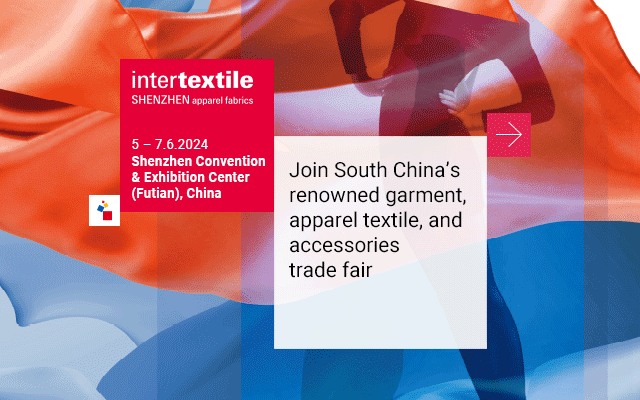


-Ltd..jpg?tr=w-120,h-60,c-at_max,cm-pad_resize,bg-ffffff)





.jpg?tr=w-120,h-60,c-at_max,cm-pad_resize,bg-ffffff)
.jpg?tr=w-120,h-60,c-at_max,cm-pad_resize,bg-ffffff)


